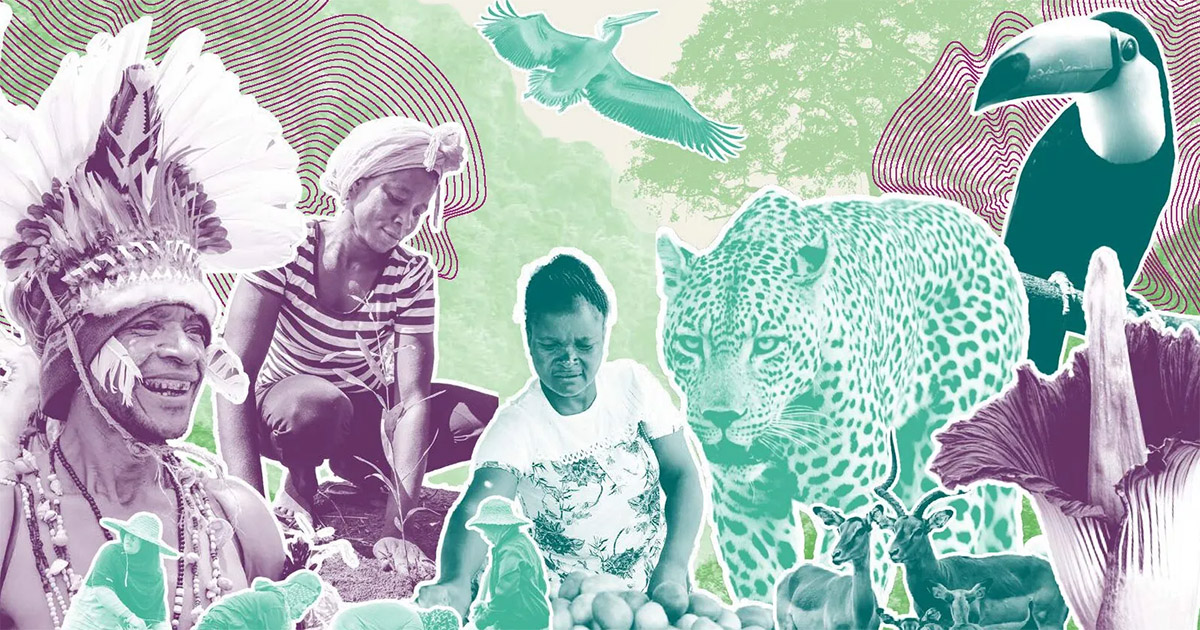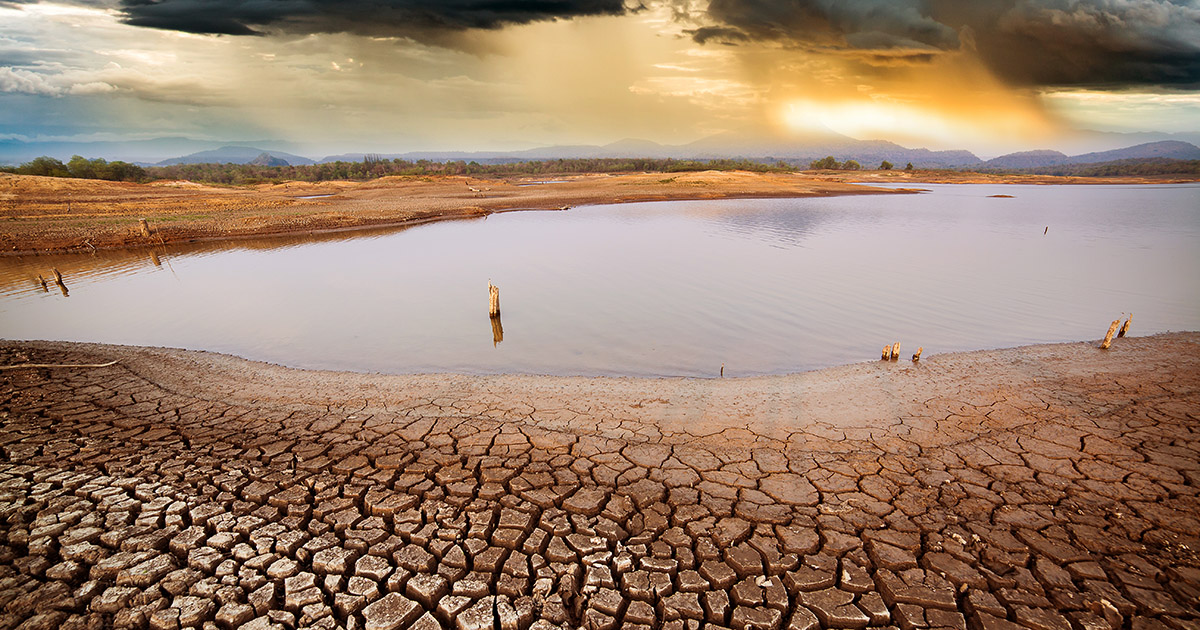Environmental justice was certainly one of the expected objectives of the decentralization of forest resource management, which is currently being implemented in Cameroon, for marginalized local peoples such as the pygmies. In fact, opportunities offered by the legal process to promote participatory management of forest resources including the allocation of community forests, council forests and forest taxes, are supposed to mitigate environmental injustice to local communities caused by centralized public forestry and social policies. Nevertheless, data from South Cameroon suggest that the decentralization of forest resources to marginalized local people such as the Baka Pygmies tends to reduce rather than improve socio-environmental justice. This development might be the result of local governance and practices. It is therefore important to correct this unfair practice.
DOI:
https://doi.org/10.1080/00207230600963825
Jumlah Kutipan Dimensi:


















